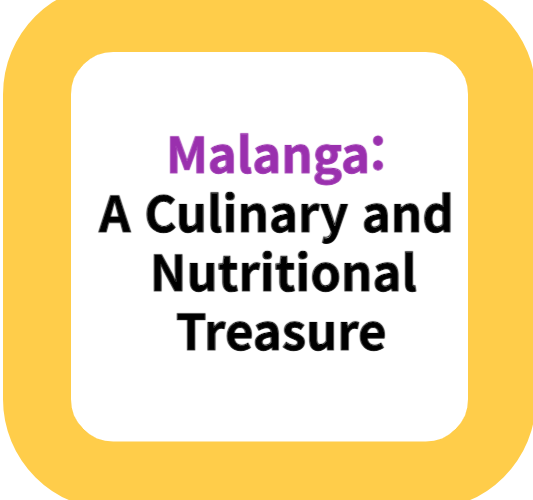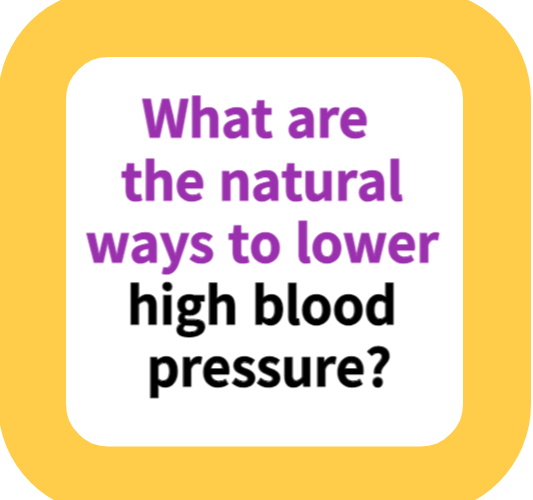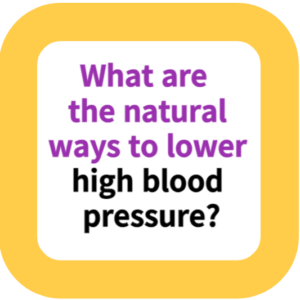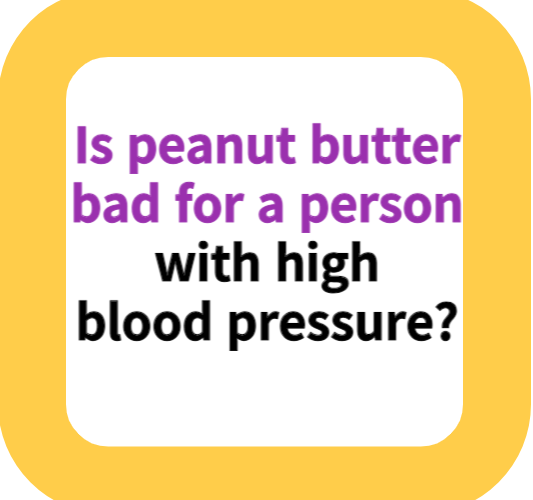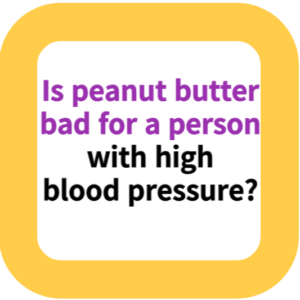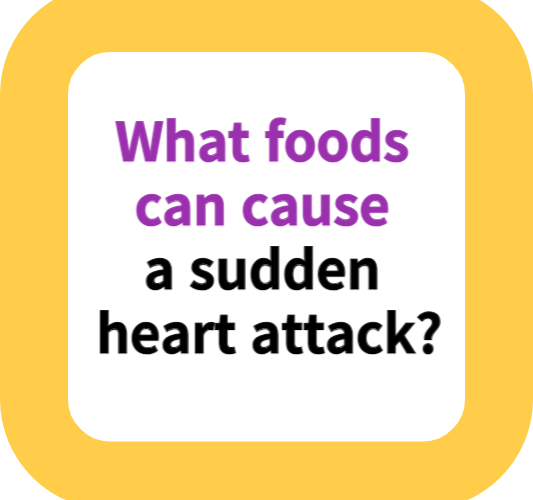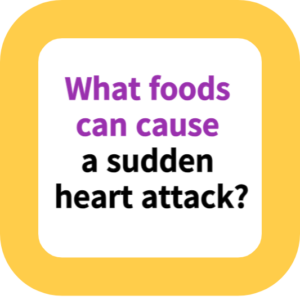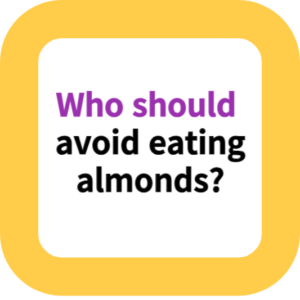Malanga: A Culinary and Nutritional Treasure
Welcome to our blog, where we explore the hidden gems of the culinary world, and today, we’re shining a spotlight on a remarkable, yet often overlooked root vegetable: Malanga. Hailing from the vibrant kitchens of the Caribbean and Latin America, Malanga boasts a starchy, subtly sweet flavor and a comforting texture akin to potatoes.
In this blog, we’ll delve into its versatile culinary uses, unravel its rich nutritional profile, including its abundance in fiber, vitamin C, potassium, and the brain-boosting vitamin B6. Join us as we uncover the wonders of Malanga, a true culinary and nutritional treasure, and learn how to incorporate this unassuming ingredient into your cooking repertoire for both its delightful taste and health benefits.
Malanga: A Culinary and Nutritional Treasure
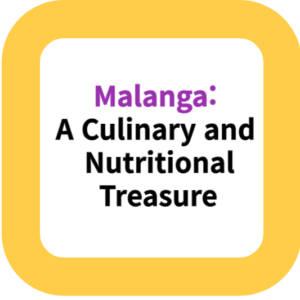
Introduction
Malanga: An Underappreciated Gem in the Culinary World
Malanga, often overshadowed by more commonly known root vegetables, is an integral part of Caribbean and Latin American cuisines.
Its unique characteristics and versatility in cooking make it a noteworthy ingredient in many traditional dishes.

Description and Culinary Use
The Distinctive Taste and Texture of Malanga
This root vegetable is distinguished by its starchy and slightly sweet flavor, which makes it a delightful alternative to potatoes. Its texture, which is similar to that of a potato, allows it to be used in a variety of culinary applications.
From boiling and mashing to frying and baking, malanga is adaptable and can be incorporated into numerous recipes, enhancing dishes with its subtle, earthy sweetness.
Nutritional Profile
Malanga: A Nutrient-Rich Powerhouse in the World of Root Vegetables
Malanga, a versatile and nutritious root vegetable, is gaining attention for its remarkable health benefits. Not just a staple in culinary traditions, malanga is also a treasure trove of essential nutrients, contributing significantly to a healthy diet.
Comprehensive Nutritional Benefits
The Extensive Health Advantages of Malanga
Malanga’s nutritional profile is impressively diverse. It is an outstanding source of dietary fiber, crucial for optimal digestive health and for maintaining a healthy gut flora. This high fiber content also aids in regulating blood sugar levels and helps in maintaining a feeling of fullness, contributing to weight management.
Vitamins and Minerals
A Rich Source of Essential Vitamins and Minerals
In addition to fiber, malanga is abundant in vitamin C, a powerful antioxidant that plays a vital role in boosting the immune system, enhancing skin health, and aiding in the absorption of iron.
The presence of potassium in malanga is noteworthy for its role in maintaining healthy blood pressure levels, supporting heart health, and ensuring proper muscle and nerve function. Furthermore, its high levels of vitamin B6 are essential for brain health, aiding in neurotransmitter synthesis and cognitive function.
In conclusion, malanga is more than just a culinary delight. Its wide array of nutrients makes it a valuable addition to any diet, promoting overall health and wellbeing.
From supporting digestive health to boosting brain function, malanga’s nutritional benefits are vast, making it a must-have in health-conscious kitchens. As we continue to explore the potential of this nutrient-packed root vegetable, it becomes clear that malanga is indeed a nutritional powerhouse worthy of recognition.
Conclusion
Malanga: A Culinary and Nutritional Treasure
In conclusion, malanga is a remarkable root vegetable that deserves more recognition in the culinary world. Its versatility in cooking, coupled with its impressive nutritional profile, makes it an excellent choice for anyone looking to diversify their diet with healthy and flavorful ingredients.
As more people discover the delights of malanga, it is sure to gain popularity and acclaim in kitchens worldwide.
